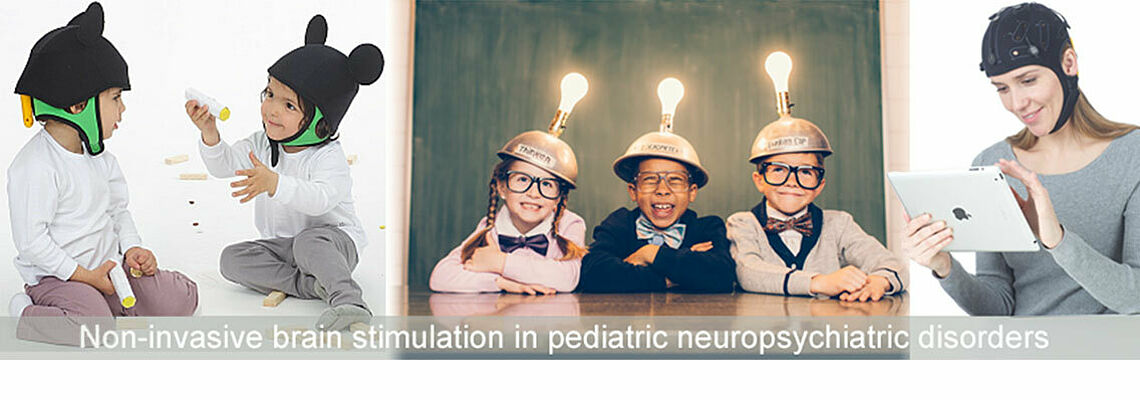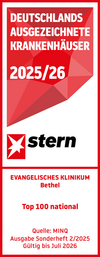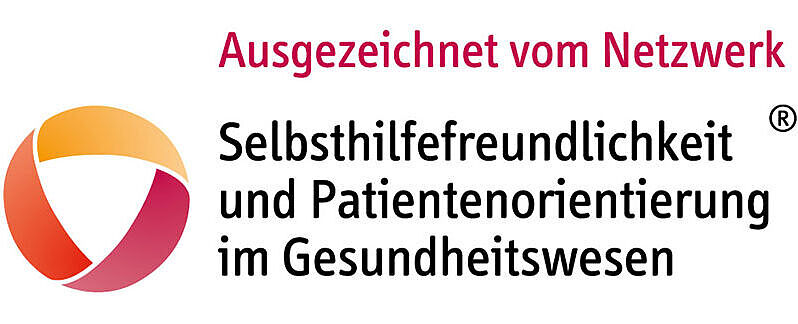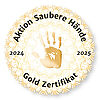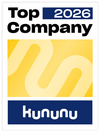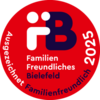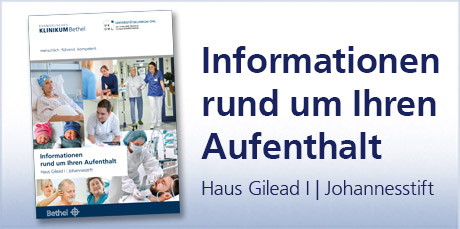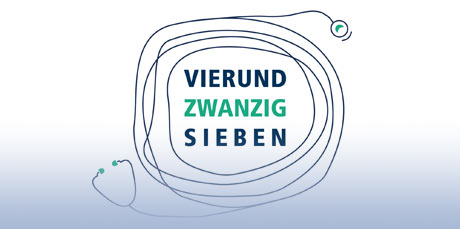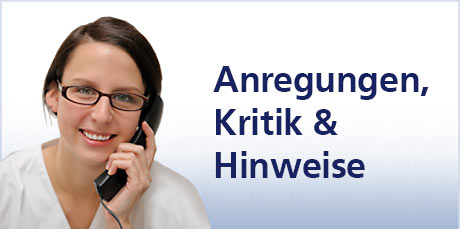STIPED – STImulation in PEDiatrics
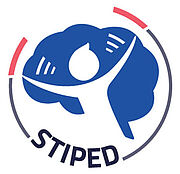
Stimulation bei Kindern
STIPED is an ambitious global partnership which will result in five randomized double-blind sham-controlled phase I and IIa proof-of-principle clinical trials establishing effect sizes and studying safety and tolerability of tDCS on cognitive and behavioural outcomes in children and adolescents with ADHD and ASD.
STIPED clinical trials
Clinical study 1 (Leader: Dr. Vera Moliadze, CAU-IMPS; WP3): A randomized, double-blind, sham-controlled, crossover phase I study in healthy subjects will investigate 1) the interaction between structural and functional brain development and effects of tDCS, 2) the impact of concurrent tasks and 3) of individual modelling of electrical currents in the head/brain which may affect the tDCS outcome. This study will help to define optimal parameters of stimulation in order to reduce interindividual variability. The data management, monitoring and statistics will be provided by the WP9. Neurophysiological data (MRI, EEG, ERP) will be obtained and forwarded for analysis of biomarkers and mechanisms to WP6 & WP7.
Clinical studies 2 & 3 - ADHD (Leaders: PD Dr. Alexander Prehn-Kristensen, ZIP for clinical stury 2 and PD Dr. Kerstin Krauel, OvGU for clinical study 3; WP4): Two randomized, double-blind, sham-controlled, parallel-group phase IIa studies will compare potential targets for tDCS in patients with ADHD. They will answer the question: which of two prefrontal cortical regions is the best candidate for normalizing neuropsychological dysfunctions in patients? These trials will apply previously established stimulation protocols which have been proven in our previous experimental research. The data management, monitoring and statistics will be provided by WP9. Neurophysiological data (MRI, EEG, ERP) will be obtained and forwarded for analysis of biomarkers and mechanisms to WP6 & WP7.
Clinical study 4 (Leader: Prof. Dr. Michael Siniatchkin, CAU-IMPS (till end 2018)/EvKB; WP4): Personalized home-based treatment using HOMEPTES (Home Pediatric Transcranial Electrical Stimulation) will be studied in a randomized, double-blind, sham-controlled, parallel-group phase IIa trial. This treatment will be associated with telemental health service for the improvement of tDCS applicability and supported by individual recommendation (WP2) addressing concerns and reservations. The data management, monitoring and statistics will be provided by WP9.
Clinical study 5 - ASD (Leader: Prof. Dr. med. Dipl. - Theol. Christine M. Freitag, GU; WP5): The efficacy and tolerability of tDCS will be proven in a randomised, double blind, sham-controlled, parallel group clinical phase-IIa study. The data management, monitoring and statistics will be provided by WP9. Neurophysiological data (MRI, EEG, ERP) will be obtained and forwarded for analysis of biomarkers and mechanisms to WP6 & WP7.
STIPED will produce the following results and impacts:
Optimisation of therapeutic strategy
- Evidence for effects of tDCS over the prefrontal cortex on executive functions (working memory / sustained attention / inhibitory control) in patients with ADHD and over the temporo-parietal cortex on perspective taking in patients with AS
- Evidence for and modeling of associations between brain development, anatomy and physiology of the brain/head in the context of a patient's age and individual parameters of brain stimulation (montage, setting, intensity, combination with a task/training)
- Individual modeling of current density and distribution depending on age
- Definition of biomarkers which predict individual effects of brain stimulation
- Dissection of mechanisms of tDCS in young healthy subjects as well as in patients with ADHD and ASD.
- Investigation of novel mechanisms of brain stimulation in patients of ADHD and ASD
- Study of how brain connectivity predicts effects of tDCS and how tDCS changes brain connectivity
- Improvement of therapeutic outcome:
Improvement in the clinical course of ADHD and ASD and reduction of core symptoms of these disorders
- Strengthening and consolidation of compliance of both patients and their families during the treatment
- Improvement of treatment quality of ADHD and ASD
- Development of new recommendations and standards for application of tDCS in children and adolescents
- Improved service, increased confidence in compliance support system for disease/patient management
- Reduced health care costs of chronic pediatric neuropsychiatric disorders
- Creation of a new market with a new population of patients, new customers, distribution of stimulation devices in clinics and outpatient departments
- Establishment of a special European expertise in tDCS as a stand-alone feature in the clinical care and increase European competitiveness in this area
STIPED has the following objectives:
- To prove effects of tDCS on neurocognitive (working memory, behavioural control, and social cognition) and behavioural (attention, impulsivity, hyperactivity, social withdrawal) impairments and tolerability of tDCS in children and adolescents with ADHD and ASD (WP4 and WP5)
- To identify attitudes and intentions as well as reservations towards the application of tDCS in children, adolescents, their parents, health care providers, and teachers and to investigate the balance between individual benefit and risks of tDCS from an ethical point of view (WP2)
- To Improve the effects of tDCS through optimal, personalized application (WP3, WP6)
- To promote a flexible integration of tDCS into the clinical routine and develop a pipeline for tDCS application at home (WP8)
- To describe mechanisms of tDCS and determine biomarkers (WP6, WP7)
- To establish a comprehensive framework for both the dissemination and utilization of the STIPED outcomes and technology, including training clinical users in the application of the tDCS system (WP10)
STIPED aims at studying safety, dynamic dose-response relation, underlying mechanisms, and treatment effects of the innovative intervention using transcranial direct-current stimulation (tDCS) in children and adolescents with ADHD and ASD. tDCS has shown to be an effective and safe alternative treatment approach for neuropsychiatric disorders in adults. Here, for the first time, the effect of tDCS on core neurocognitive and behavioural outcomes will be proven in children and adolescents.
Following clinical studies are planned in the framework of the research project:
- Three phase-IIa randomized, double blind, sham-controlled studies in ADHD and ASD to establish effect sizes and safety of standard tDCS application in the clinical setting targeting core brain regions and disorder specific cognitive tasks.
- One phase-I clinical trial to study systematically the impact of brain development and age-dependent anatomical / functional features on effects of tDCS using methods of modern neurophysiology, neuroimaging and electric current modeling.
- Third, mechanisms of tDCS on brain function will be studied, and biomarkers will be developed in order to predict individual response to standard and individualized stimulation protocols. Finally, the applicability of tDCS in children and adolescents will be improved by developing an innovative personalized home-based treatment option in combination with a telemental health service, which will be tested by a fifth, phase-IIa clinical trial.
Throughout the entire project, ethical concerns of the target population will be addressed. The involvement of the children and their families as well as caregivers and teachers in the project will ensure that the new treatment is adapted to the lifestyles of the patients and their families and that their concerns, needs and requirements are adequately considered in the project.
The STIPED consortium
The STIPED Consortium consists of 11 institutions, including academic institutions, large clinical centres, and SMEs across Europe.
It combines the expertise of clinicians (EvKB, CAU-IMPS, GU, OvGU, UC, CHUT, ZIP), specialists in modeling electrical currents in the brain and tDCS methodology (RegionH and CAU-IMPS), specialists in neurophysiology and neuroimaging (GU, UC, SL), leading manufacturers of stimulation devices (NE), specialists in data management and statistics (CAU-IMIS and CAU-ZKS), experts in medical ethics (CAU and TUM) and project management (ART and AI).

STIPED has received funding from the European Union’s Horizon 2020 research and innovation programme under grant agreement No 731827.

